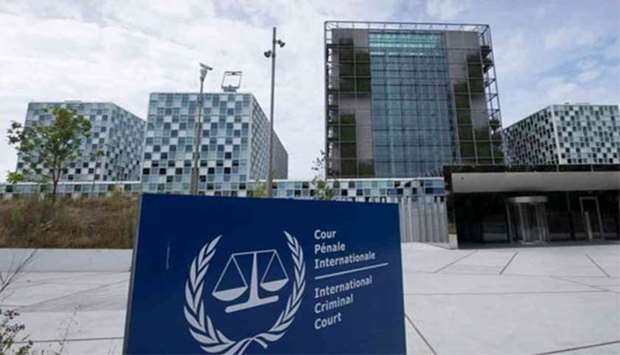Burundi on Friday became the first ever nation to leave the International Criminal Court, set up some 15 years ago to prosecute those behind the world's worst atrocities.
"Burundi's withdrawal from the Rome Statute will take effect on Friday, 27 October 2017," an ICC spokesperson told AFP.The move comes exactly a year after Bujumbura officially notified the United Nations that it was quitting the world's only permanent war crimes tribunal, in what was seen as a major blow to international justice.
"The decision to withdraw Burundi from the Rome Statute comes at a time when the machine continues to kill with impunity in Burundi," said Lambert Nigarura, president of the Burundi coalition for the ICC.
"Today, Burundian justice, as it is so-called, has lost contact with life. It has become a mere tool of repression of any dissenting voice," he added in a statement.
But ICC officials said a preliminary probe launched by the prosecutor in April 2016 into possible crimes against humanity in the central African nation would continue.
"Burundi's withdrawal does not affect the jurisdiction of the court with respect to crimes alleged to have been committed during the time it was a state party, namely up until 27 October 2017," the spokesperson told AFP.
Set up in 2002, the ICC based in The Hague has often come under fire from some countries who claim it is unfairly targeting African nations.
The ICC now has 123 member states who have ratified the 1998 Rome Statute, the guidelines which underpin the work of the tribunal.
But Burundi's snub triggered a wave of copy-cat moves from other African countries.
South Africa and Gambia said they would both follow suit, before then later reversing their decisions. And Kenya and Uganda have also threatened to leave, but not acted on it yet.
Zambia meanwhile has held public consultations, with an overwhelming 93% of those who participated opting to stay within the court.

